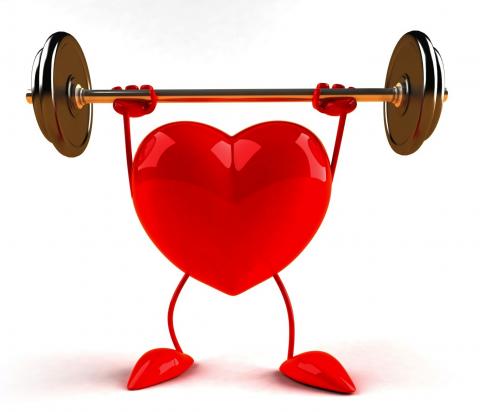
"February is American Heart Month so I thought I would spend some time talking about the importance of heart health. This month I want to mention a “new” test, the coronary calcium score. It has actually been around for over a decade but has only been widely used for the last 5 years or so. It is a type of CT scan that measures the calcium deposits in the arteries of the heart. While it does not say how “blocked” an artery has become, it is directly related to how much plaque is in the arteries. The computer is able to take that information and quantify it, which is then reported as a “calcium score”. On this particular test you want to get a Zero (no plaque), but most patients will get a score between 5 and 500. There are certainly people who are much higher, but this is meant to be a test for people who do not have symptoms and do not know they have heart disease. The other part of the score is reported as a percentile ranking for others in your same age group (and gender). So, if your calcium score is 485 and your percentile ranking is 75 to 90th percentile, you have a high plaque burden, and you have more plaque than 3⁄4 of other people your same age and gender. This information makes it much easier to decide if taking a cholesterol medication is “worth it”. It can also prompt us to investigate further, when we may have not otherwise done so. I will end with a personal antidote. My father, who is a very active person taking care of the family farm and in good health, went in for a check up. He agreed to get the calcium score performed. It was over 400, and so he was given a stress test. Although his only symptom was fatigue during the stress test, he was told it was abnormal, and was admitted to the hospital where he had triple bypass surgery performed. This all happened in a week – last week. He is recovering well, and I am so happy he took the time to get the test done. His left main artery was 90% blocked, and if he had a heart attack before this was found, it is unlikely he would have made it to the hospital. Ask your doctor if a coronary calcium score is something you should do."

